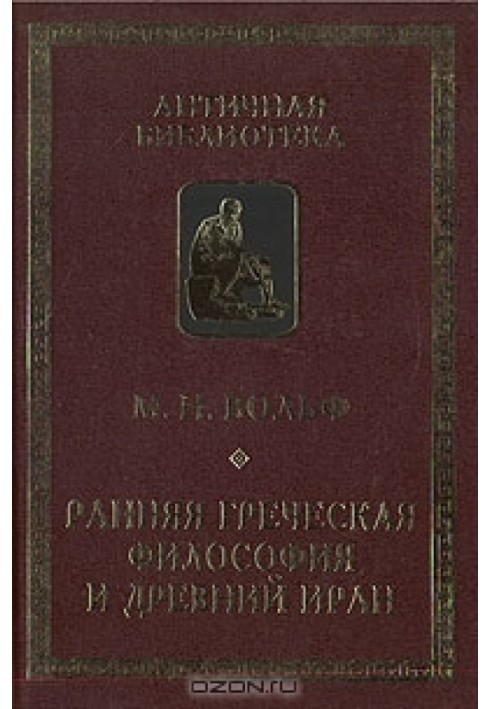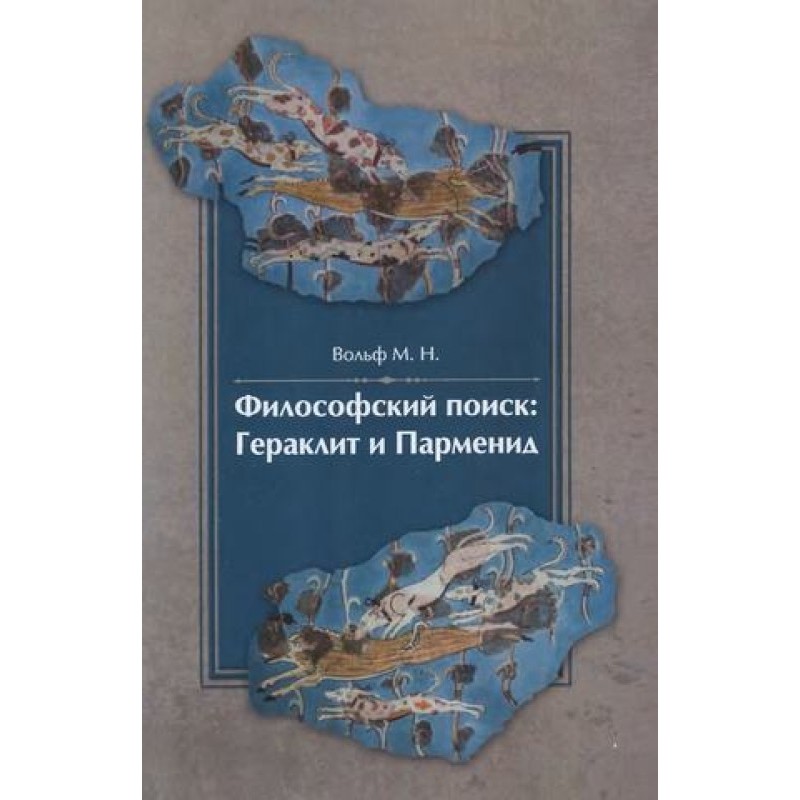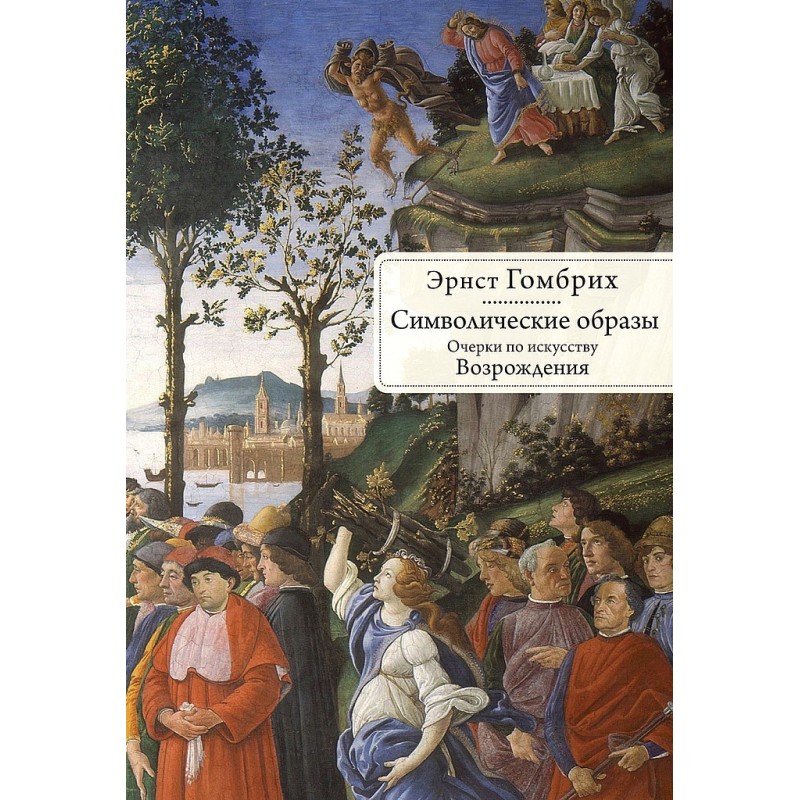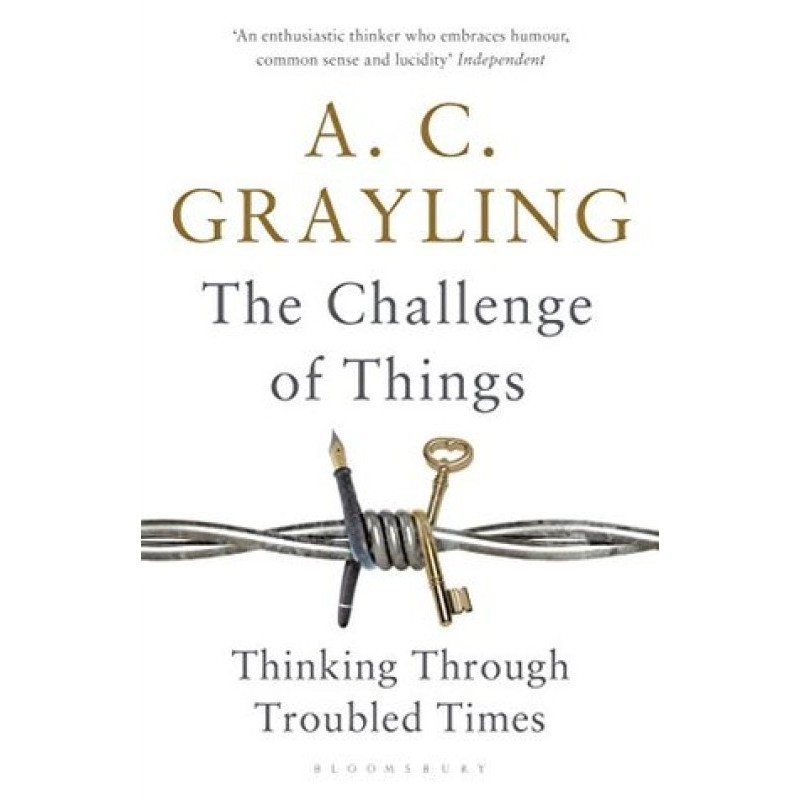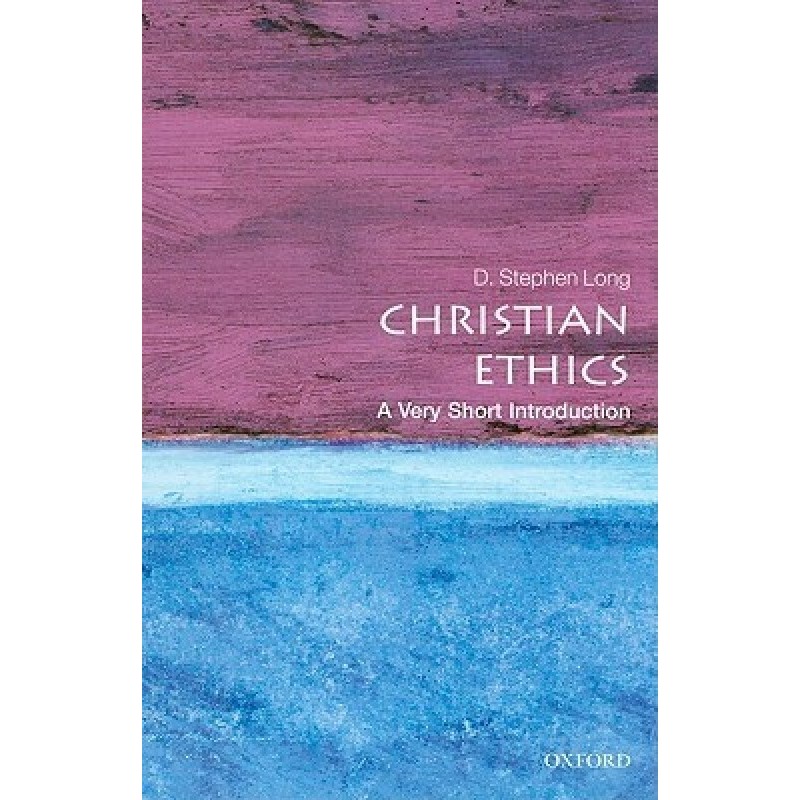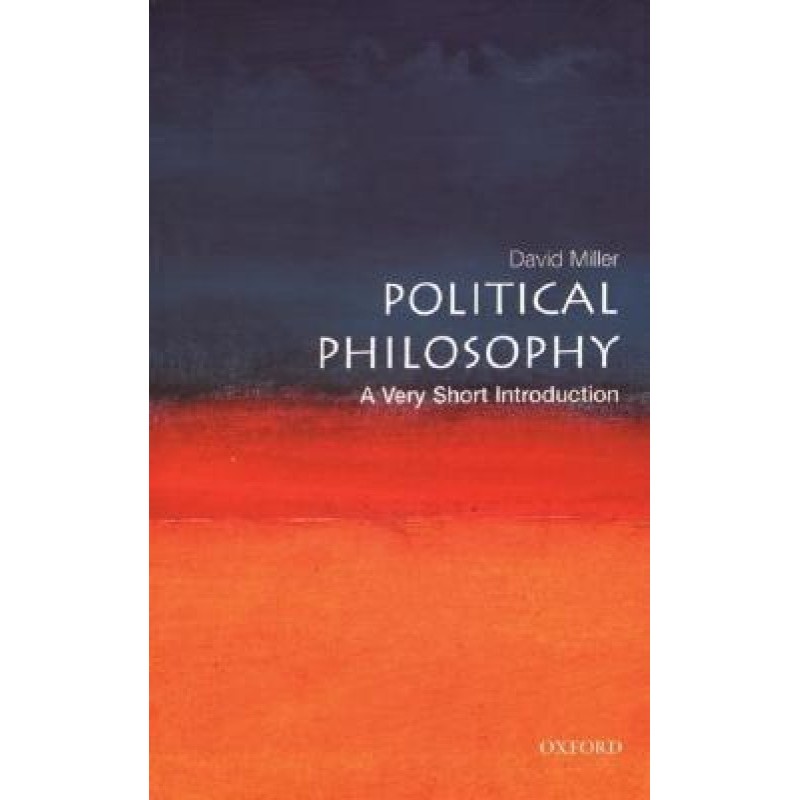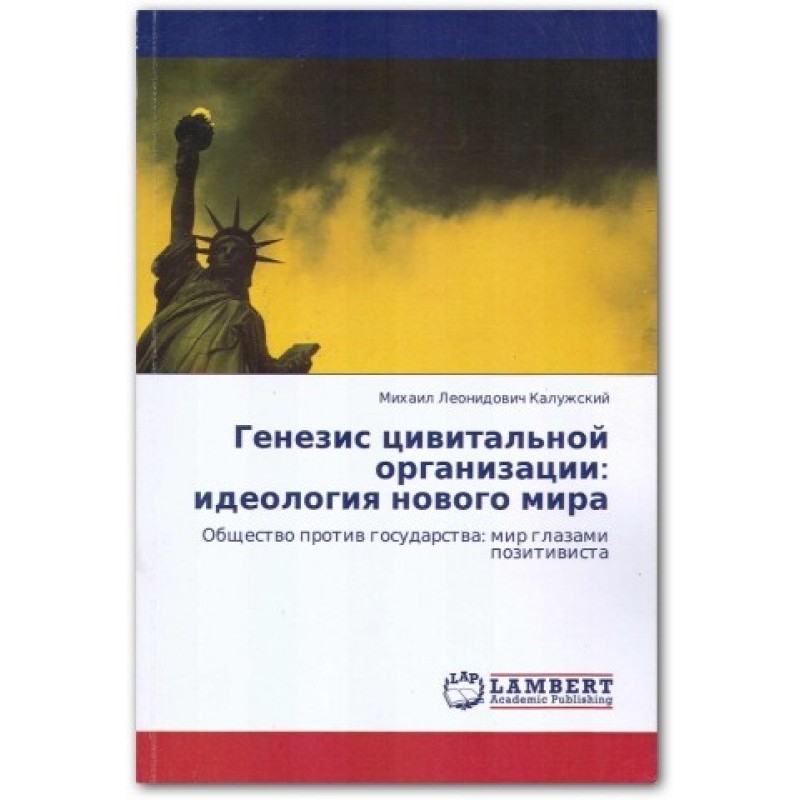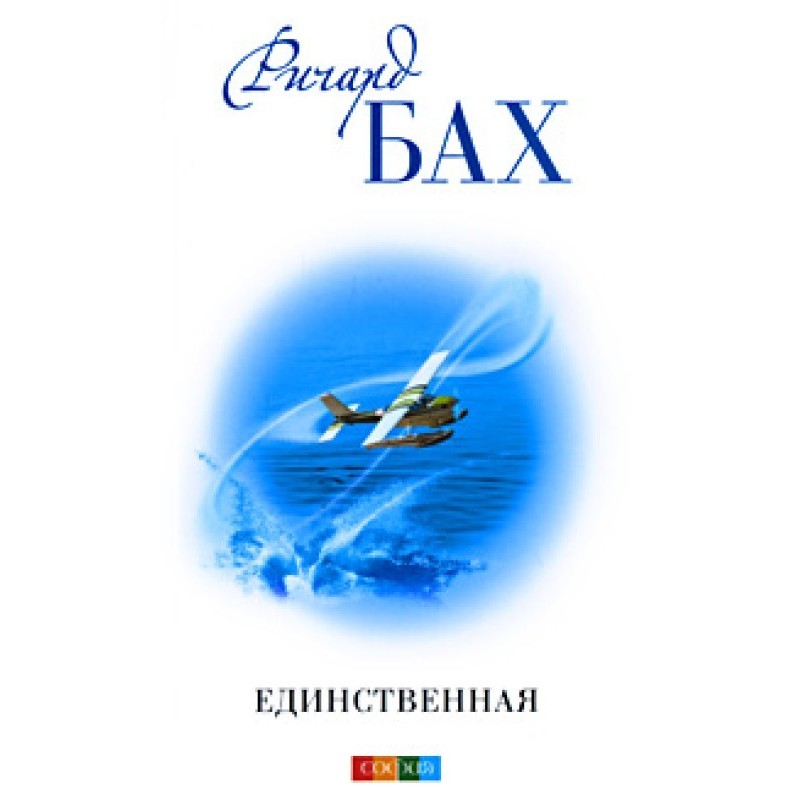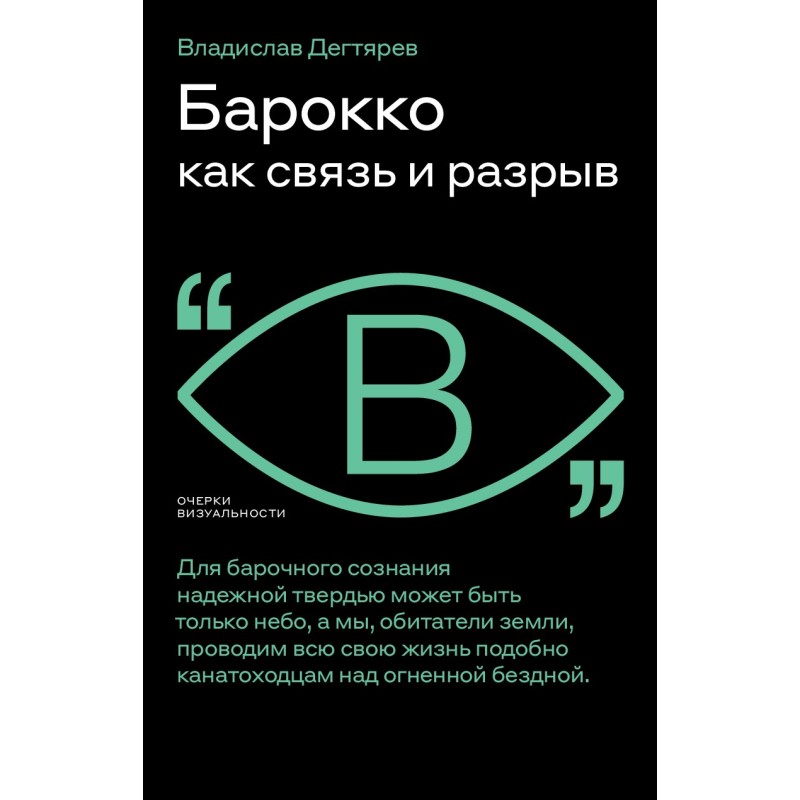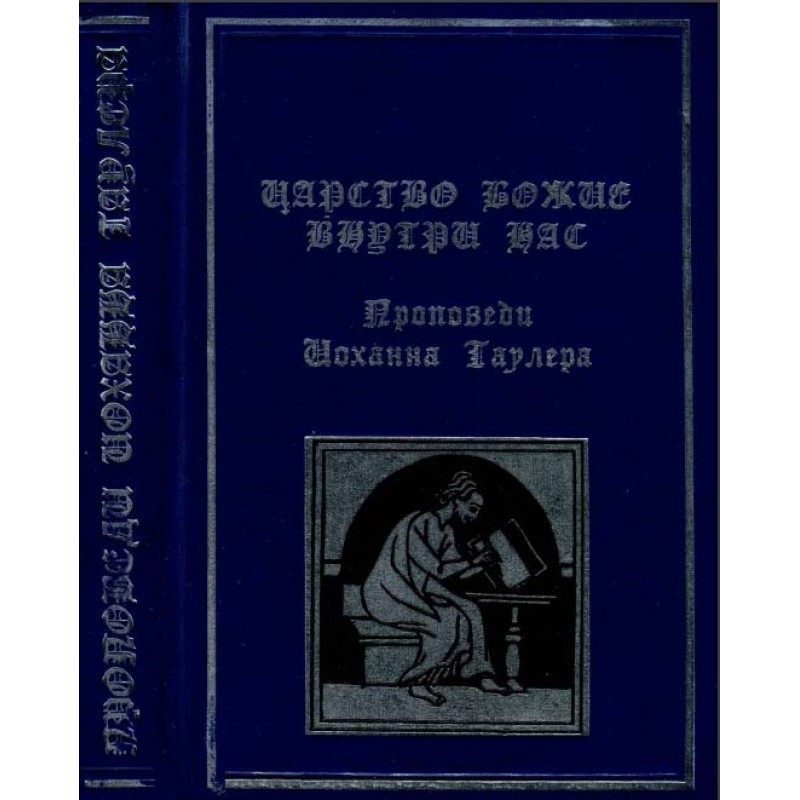Early Greek Philosophy and Ancient Iran
 Instant download
Instant download
after payment (24/7)
 Wide range of formats
Wide range of formats
(for all gadgets)
 Full book
Full book
(including for Apple and Android)
The monograph is devoted to the analysis of the formation of the concepts of deity, or the abstract principle of beginning, endowed with the attributes of knowledge and wisdom, the dualistic concept or the concept of opposites, and the concept of truth, justice, law in Greek pre-philosophy and early Greek philosophy in comparison with the Iranian tradition. Within the framework of the identified three concepts, the main blocks of ontological, epistemological and axiological problems of early Greek philosophy are formulated; the answers to these problems are responsible for the variability of the content of these concepts in a particular philosophical doctrine at the problem-solving stage. The author did not focus on fixing the facts of the influence of one tradition on another and parallels between them, but on the ways and mechanisms of transmission and formation of concepts within each individual tradition in the aspect of comparing it with another tradition, which made it possible to quite fully identify the original features of the concepts themselves, the stages and intervals of the formation of concepts in both traditions, focus on the formation of the ideas of Greek philosophy. An attempt has been made to reconstruct the evolution of ancient Iranian ontological views, on the basis of which a further comparison of the Greek and Iranian traditions is made. The book is intended for specialists in the history of philosophy, teachers, students and everyone interested in the philosophy and culture of Ancient Greece and Ancient Iran.
Contents :INTRODUCTION .5CHAPTER I. IRANIAN MYTHO-RELIGIOUS TRADITION .23§ 1. Some directions of the Iranian mytho-religious tradition .23§ 2. Reconstruction of Iranian pre-Islamic ontological ideas .43CHAPTER II. IRANIAN PARALLELS IN GREEK PRE-PHILOSOPHY .66§ 1. The Greek tradition of the Curetes and Corybantes and Iranian parallels .66§ 2. Iranian parallels in Orphism, Greek theogonies. Epimenides, “Theogony of Jerome and Hellanicus,” “Rhapsodic Theogony” ..74CHAPTER III. IONIAN PHILOSOPHY AND PARALLELS WITH IRANIAN TRADITION. MILETS SCHOOL 95§ 1. Ancient tradition about the contacts of early Greek philosophers with the Iranian world 95§ 2. The first stage of the formation of ontological and cosmological views of early Greek philosophy. Milesian philosophy .109CHAPTER IV. HERACLITUS AND THE IRANIAN TRADITION .133§ 1. The concept of the “wise being” and its comparison with the Iranian tradition 133§ 2. Time, fate and soul in the teachings of Heraclitus in comparison with the Iranian tradition 160§ 3. Heraclitus’s doctrine of opposites 175CHAPTER V. ITALIAN PHILOSOPHERS DIRECTIONS AND IRANIAN TRADITION 185§ 1. The beginning of Italian philosophy. Ontological views of Parmenides and their comparison with the Iranian tradition 185§ 2. Ontological views of Empedocles and their comparison with the Iranian tradition..199MAIN SOURCES AND BIBLIOGRAPHY 211
Data sheet
- Name of the Author
- Марина Вольф Николаевна
- Language
- Russian
Reviews
Вражаючий аналіз філософських концепцій
Монографія "Рання грецька філософія та Стародавній Іран" є справжнім відкриттям для всіх, хто цікавиться історією філософії та культурними зв'язками між давніми цивілізаціями. Автор глибоко занурюється в складні концепції божества, істини та справедливості, порівнюючи їх в рамках грецької та іранської традицій. Я особливо вражений тим, як детально розглядаються механізми передачі та формування філософських ідей, що дозволяє читачеві зрозуміти не лише самі концепції, але й їх еволюцію в контексті часу. Книга наповнена багатим аналітичним матеріалом, що робить її не лише науковим дослідженням, а й захоплюючим чтивом для всіх, хто прагне глибше зрозуміти корені філософської думки. Це видання стане в нагоді як студентам, так і викладачам, а також усім, хто цікавиться філософією, культурою та історією. Рекомендую всім!

